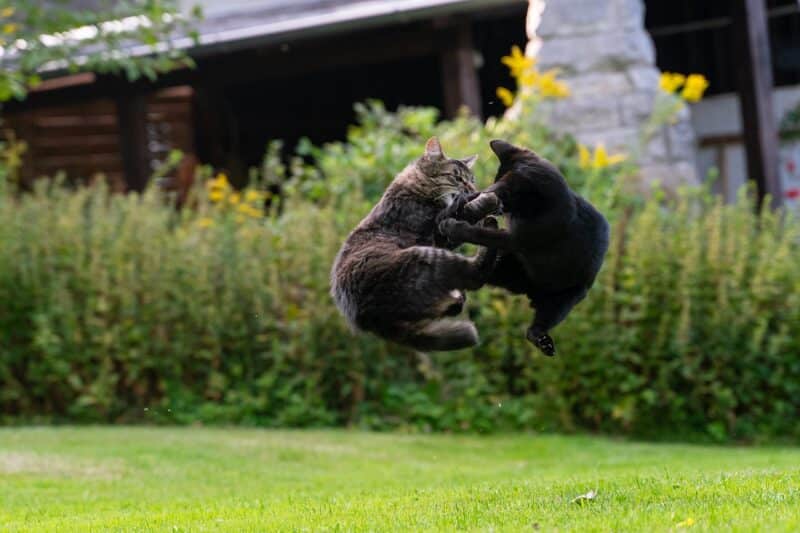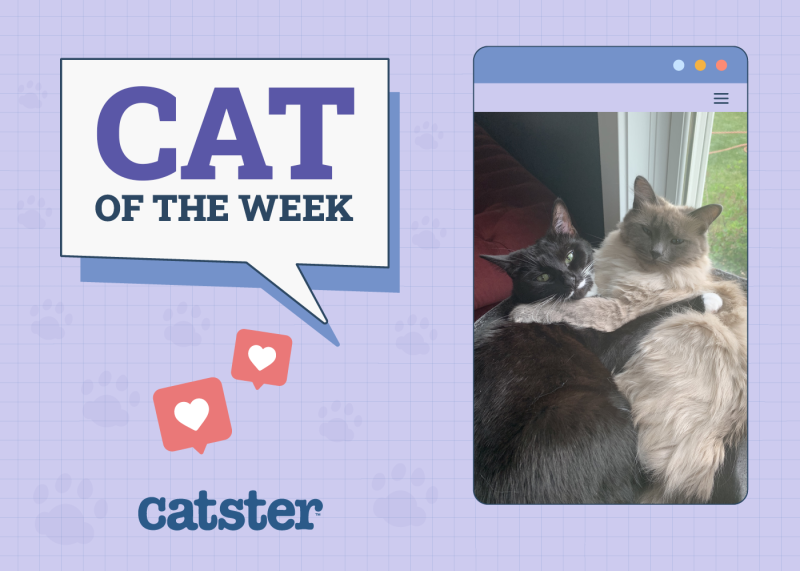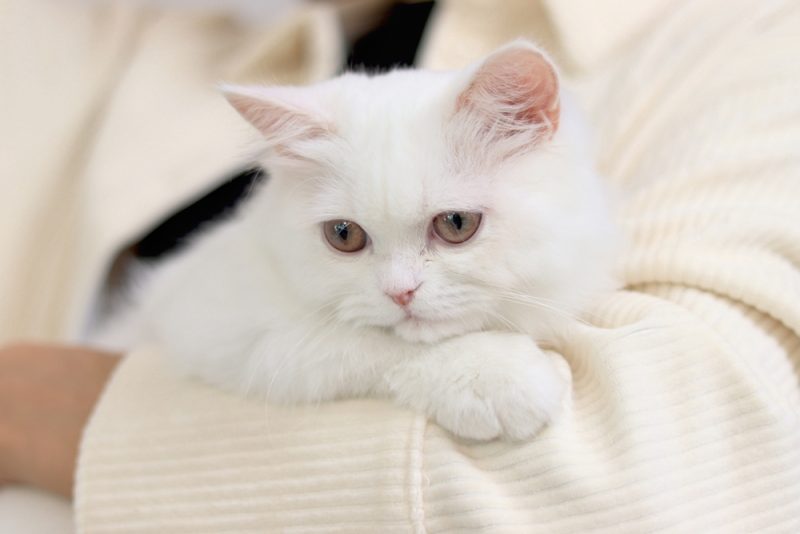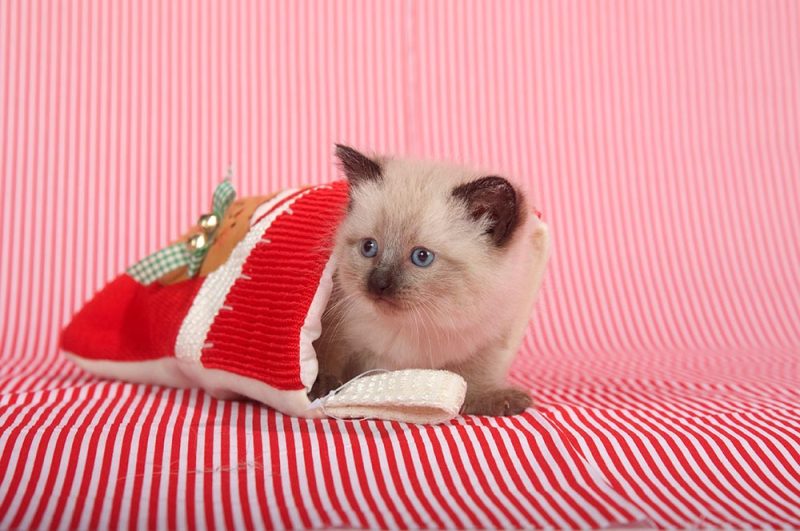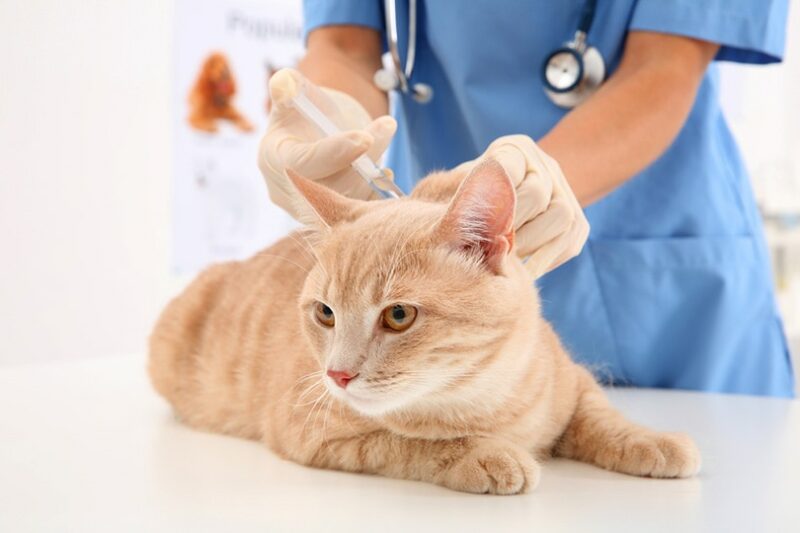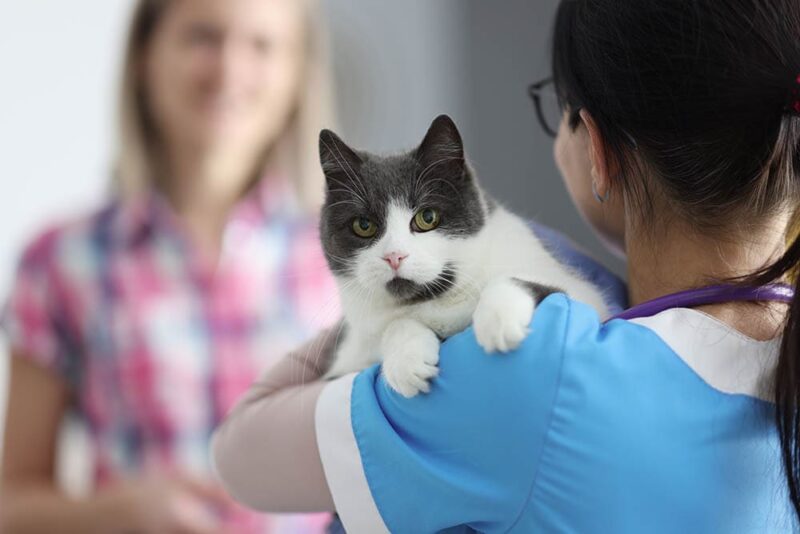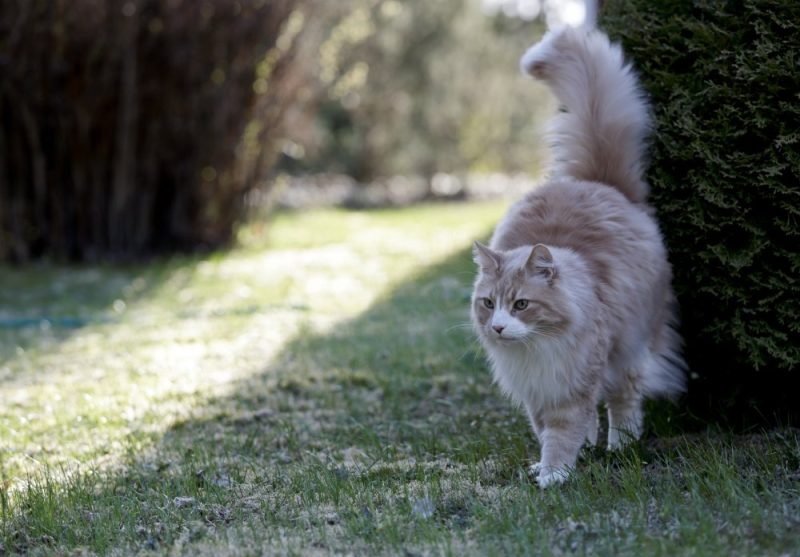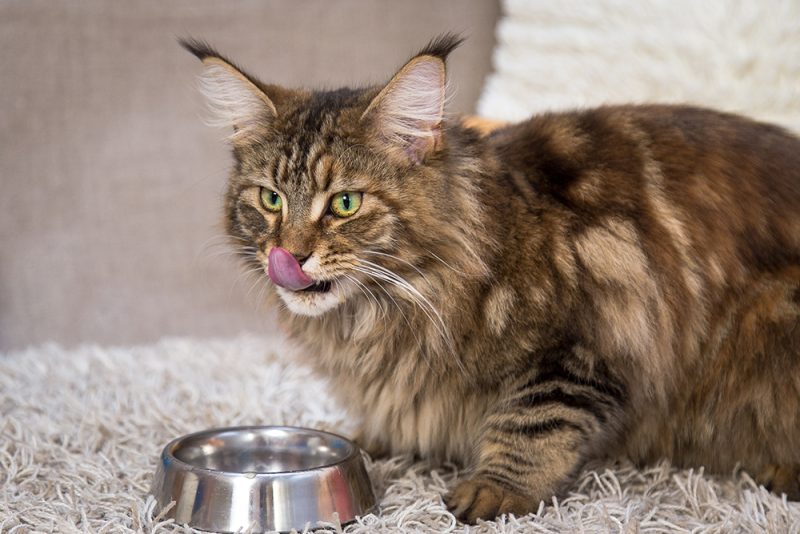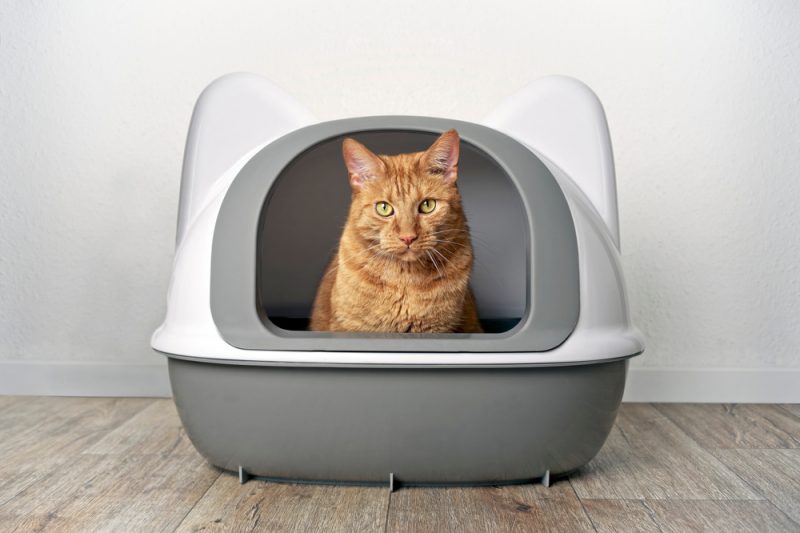In this article
If you live in a multi-cat household, you may be familiar with spats among your feline friends. Referred to as inter-cat aggression, cat fights are stressful to pet parents and potentially harmful to the cats.
In this article, we explore the different reasons behind cat conflicts and ways to put an end to the bad behavior once and for all.

The 8 Reasons Why Cats Fight
1. Inter-male Aggression
Do you own more than one adult male cat? They may be battling it out for a number of reasons. Typically, intact male cats will get into fights. This behavior is usually related to reproduction if there’s a female feline in the area. Ninety percent of inter-cat aggression can be prevented by neutering or spaying your pets.
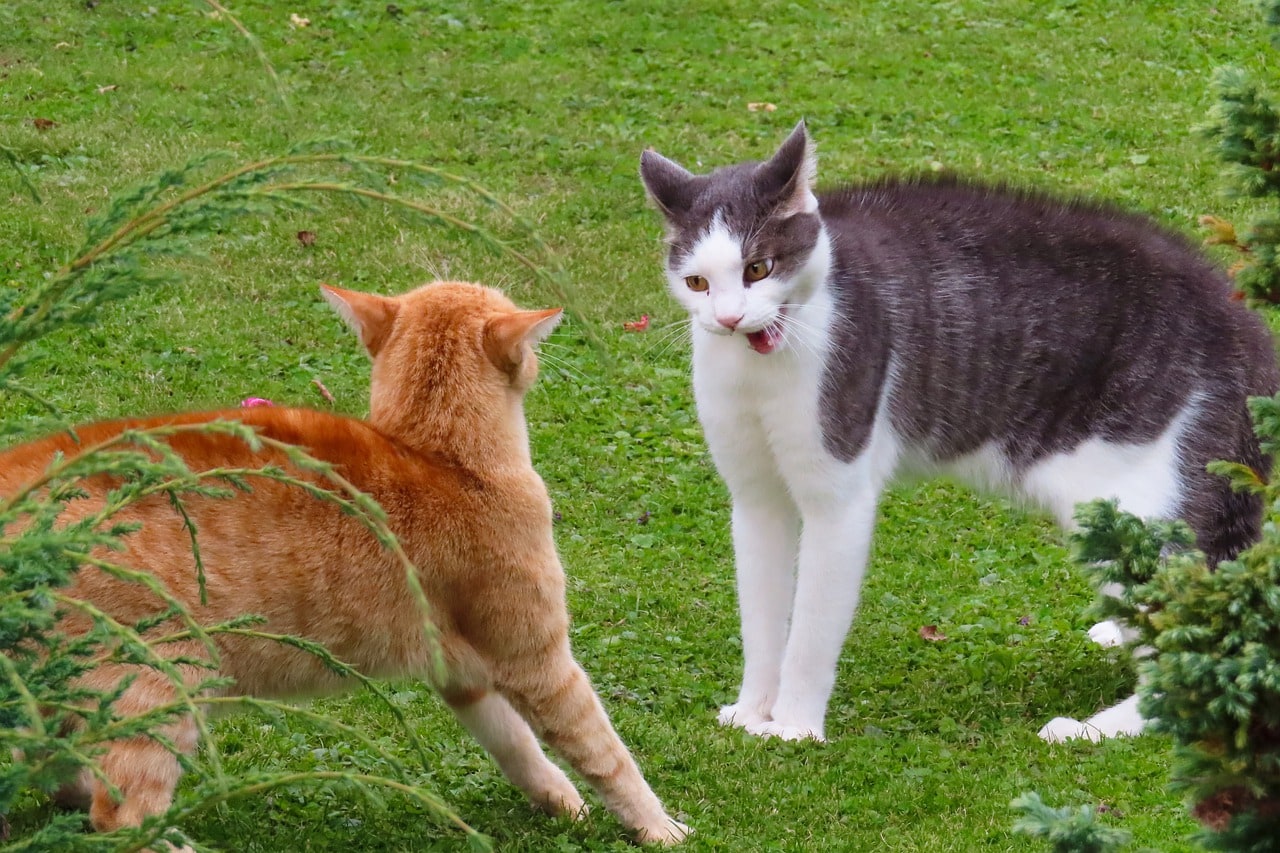
2. Defensive Aggression
If your cat feels threatened, they’ll try to protect themselves with defensive tactics. If your kitty has flattened ears, they’ve rolled slightly to the side, or they are crouched with their tail and legs pulled underneath their body, these are usually signs that they are feeling scared. Trying to approach a cat in this posture will encourage an attack.
3. Territory
In the wild, felines will protect their territory from outsiders. It is common for a housecat to attack another kitty if they feel that they are intruding on their space.
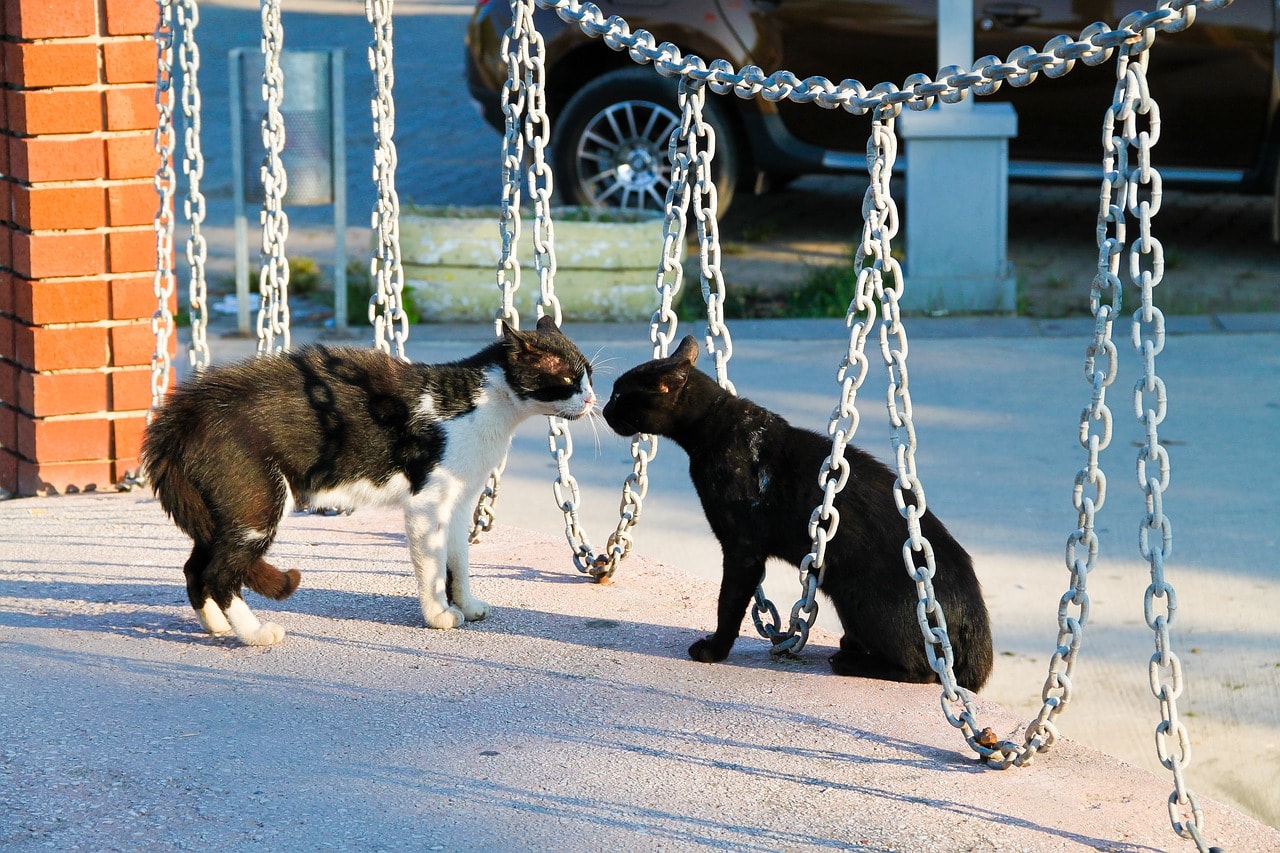
4. Agonistic Relationships
Do you have many cats in your home? Your kitties may be ganging up on the lowest-ranking cat in the group, typically an infirm kitten or an elderly cat. If the bullied pet is acting like a victim by displaying submissive body language or hiding, they’re only encouraging the bullying. Be aware that cat relationships are complex, and while they do not have a linear or interdependent hierarchy, some cats get along better than others.
5. Redirected Aggression
A cat may direct aggression toward another pet or you, even if nobody touched them. For instance, your kitty may be sitting in the window and witness another cat in the yard. They’ll suddenly become extremely agitated because the stranger is intruding on their territory. If you go to pet the upset animal, they may bite you because they’re so worked up by the cat outside. The same thing could happen to another cat in your household, resulting in an unexpected cat fight.
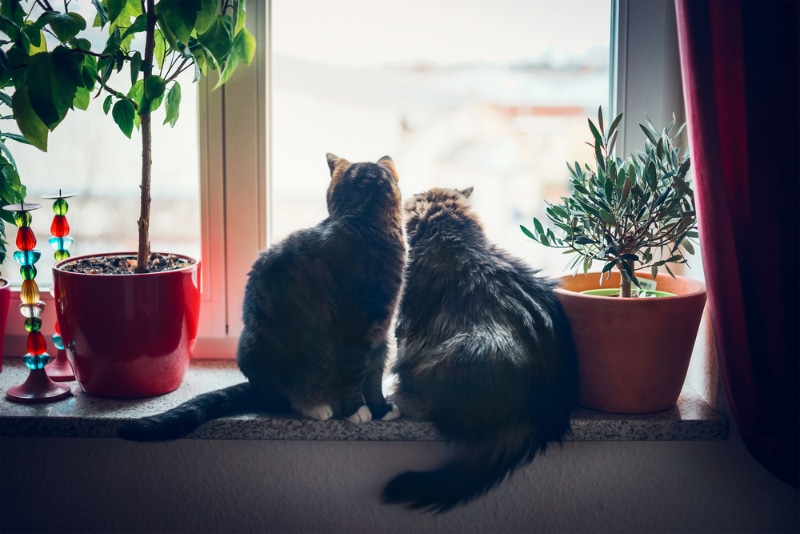
6. Playing Rough
Play between cats can sometimes get rough. Sometimes the playing can escalate into a full-fledged fight. If this happens, separate the two cats immediately.
7. Environmental Changes
A change in scenery can cause a cat to get stressed. If you’ve moved houses or simply moved the litter box to another room, the cats can get upset and fight. A change in routine can also cause your pets to take it out on each other.
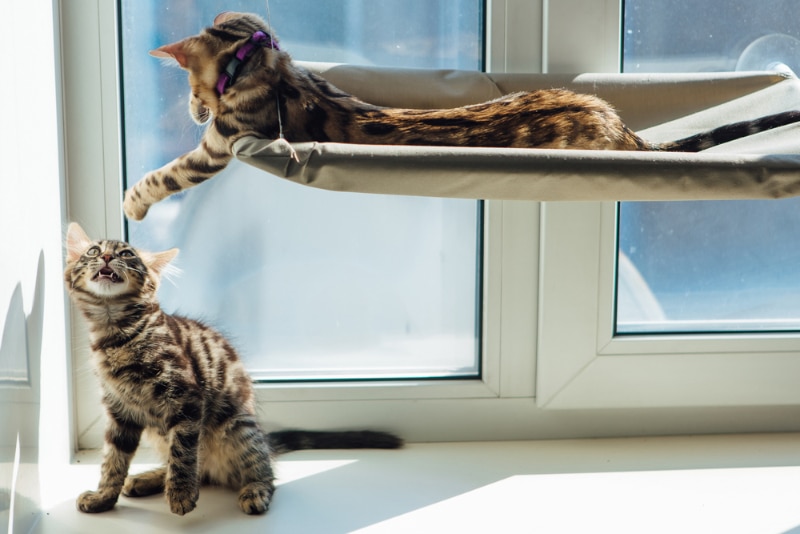
8. Social Maturity
If your cat is between 2 and 4 years old, they may be challenging other cats in the household for ranking status. This could lead to a fight.

How to Stop Cats From Fighting
If your felines are fighting, never count on them to work things out. While your first instinct may be to try to jump in and separate the pair, you may get scratched or bitten in the process.
To break up a cat fight, try distracting the felines. Make a loud noise, such as the sudden hiss from a compressed air can, though this should not be directed at them. The idea is only to get their attention because once their focus is averted, they’re likely to stop fighting. Then, move the cats into different areas for a while. Reintroduce them only gradually and slowly, ensuring that each cat has enough space and resources. For example, each should have a plate with food at the opposite ends of a room.
If needed, keep the cats in different rooms most of the day, and then switch them between the rooms so they can both smell each other. Feed them simultaneously at opposite ends of a neutral territory. If the cats remain peaceful, you can gradually cut down the distance and increase their interaction times. Never forget to reinforce positive and peaceful interactions between your cats.
If your cats keep fighting, you may want a more permanent solution. Seek the advice of a vet or an animal behaviorist. You can also use pheromones to reduce stress, set up multiple feeding stations, and add more territorial space to prevent your kitties from having to share cat trees, beds, and hiding areas.
If you need to speak with a vet but can't get to one, head over to PangoVet. It's an online service where you can talk to a vet online and get the advice you need for your pet — all at an affordable price!


Final Thoughts
Cats fight for a number of reasons. From protecting their territory to bullying a low-ranking feline, kitties can get into physical altercations. It’s important to break up the fight as soon as possible to avoid any injuries. Try distracting them but without risking getting injured while you separate them.
The best way to prevent cat fights is to get your pets fixed. Calming pheromones and additional territorial space also work.
Using these techniques will help you and all of your cats to coexist peacefully.
Featured Image Credit: Pixabay
